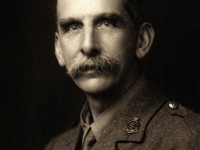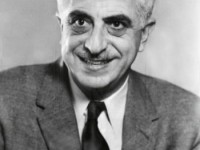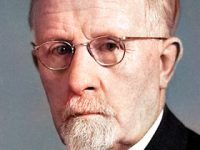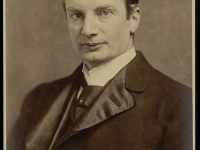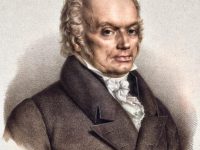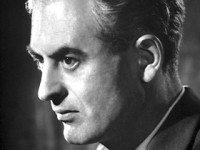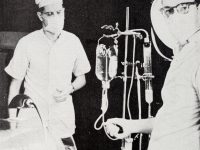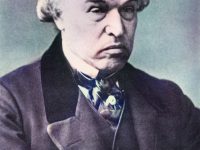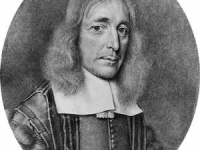Sir Victor Horsley – A Pioneer in Neural Surgery
On April 14, 1857, English physiologist and neurosurgeon Sir Victor Horsley was born. Horsley was a pioneer in surgery on the brain and spinal cord. His best-known innovation is the Horsley–Clarke apparatus (developed together with Robert H. Clarke in 1908) for performing the so-called stereotactic neurosurgery, whereby a set of precise numerical coordinates are used to locate each brain structure. Victor Horsley – Youth and Education Victor Horsley was born in Kensington,…
Read more

